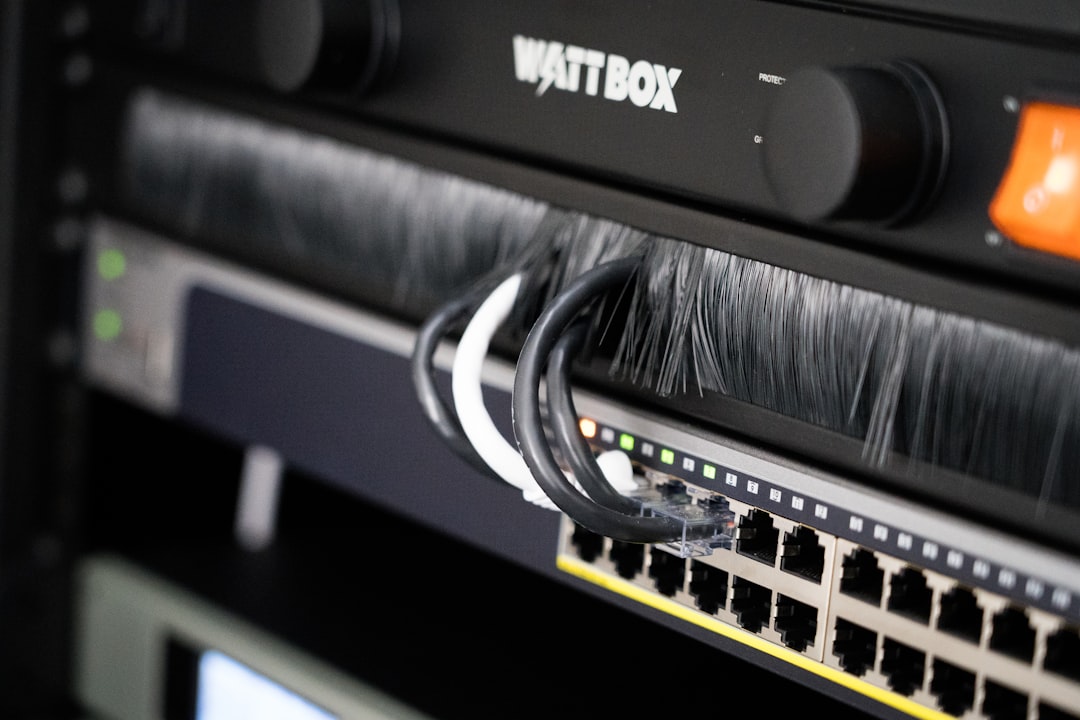Can a VPN Reduce Ping in Online Games?
Online gaming relies heavily on fast and stable internet connections. Players around the world often look for ways to minimize lag or latency, commonly measured as ping. A lower ping means a quicker response time between a player’s input and the game’s reaction — crucial in competitive gameplay. One proposed method to reduce ping is using a Virtual Private Network (VPN). But does a VPN really help in reducing ping in online games?
Understanding Ping and VPNs
Table of Contents
Ping is the time it takes for data to travel from your computer to the game server and back, typically measured in milliseconds (ms). A lower ping translates to more responsive game performance. However, several factors influence ping, including:
- Your physical distance from the game server
- Network traffic congestion
- Your internet service provider (ISP)’s routing protocols
- Server load and performance
A VPN (Virtual Private Network) encrypts your internet traffic and routes it through a secure server located elsewhere. While VPNs are typically used for privacy and security, some gamers suggest that selecting a VPN server closer to the game server might optimize the data pathway and result in lower ping.

Can a VPN Really Reduce Ping?
The answer is: it depends. In most cases, a VPN may not consistently reduce ping and could even increase it. However, there are specific scenarios where a VPN can be beneficial:
1. Avoiding ISP Throttling
Some ISPs prioritize traffic and may throttle gaming data, especially during peak usage periods. A VPN encrypts your data, making it more difficult for the ISP to detect gaming traffic and apply throttling strategies. This can indirectly reduce ping or prevent unexpected spikes during gameplay.
2. Better Routing Paths
Your ISP may not always use the most efficient route to the game servers, depending on their network structure. Some high-quality VPNs maintain optimized routes and private infrastructure, potentially leading to faster data transit.
For example, if you’re located in Asia and connecting to a game server in Europe, your ISP might take a suboptimal route through North America. A VPN route through a well-placed European server could improve connection times.
3. Connecting to Region-Locked Servers
Certain games restrict access to specific servers based on your geographical location. By using a VPN, you can connect to a server located in another country and potentially experience lower ping — if that server is geographically closer or less congested.

When a VPN Might Worsen Performance
While VPNs can offer advantages, they may also add unwanted latency to your connection. Here’s when a VPN might make things worse:
- Server Distance: If the VPN server you connect to is far from you or the gaming server, it may increase the ping.
- Overloaded Servers: Free or low-quality VPNs often have overloaded servers, resulting in higher latencies.
- Encryption Overhead: Encrypting and decrypting your traffic adds processing time, which can slightly delay data transmission.
It’s important to test different VPN servers, protocols, and providers before choosing this route for gaming. Look for VPNs that are known to offer high-speed gaming modes or dedicated gaming servers.
Best Practices for Using a VPN in Gaming
If you’re considering using a VPN for online gaming while aiming to improve ping, keep the following best practices in mind:
- Choose a VPN with minimal latency: Opt for a reputable provider known for performance, not just security.
- Select the nearest server to the game’s location: This helps reduce the travel distance for your game data.
- Test performance before competitive matches: Run speed and latency tests to confirm improvements.
- Avoid free VPNs: These typically lack the speed and reliability needed for online gaming.
Conclusion
Using a VPN to reduce ping in online gaming is a nuanced strategy. While VPNs are generally associated with increased latency due to encryption and rerouting, they can potentially offer improved ping under specific conditions — especially when dealing with poor ISP routing or throttling. However, to see benefits, gamers must use a high-quality VPN provider, properly choose servers, and account for regional server placement.
Ultimately, a VPN is not a guaranteed solution for reducing ping, but rather a tool that can sometimes optimize your gaming connection when all other optimizations have been exhausted.







